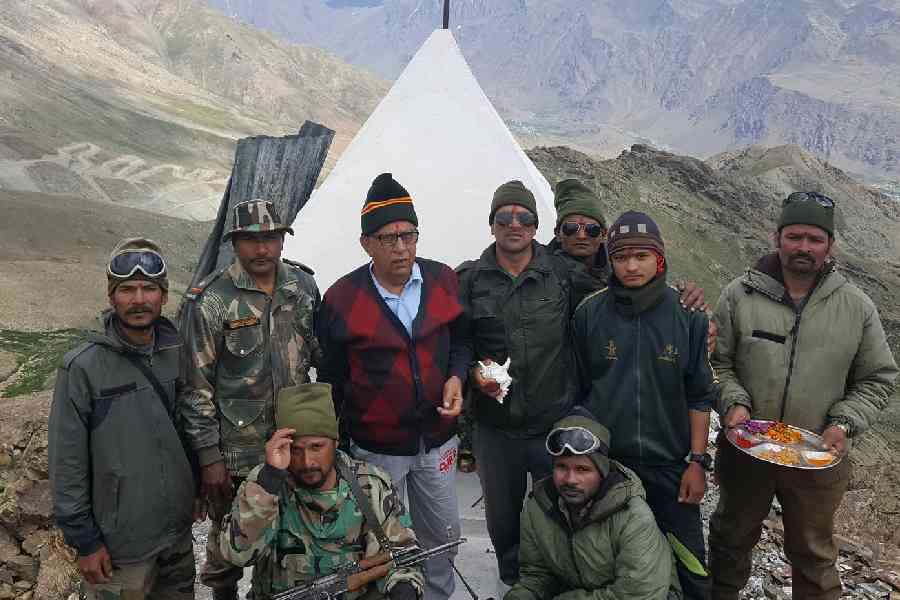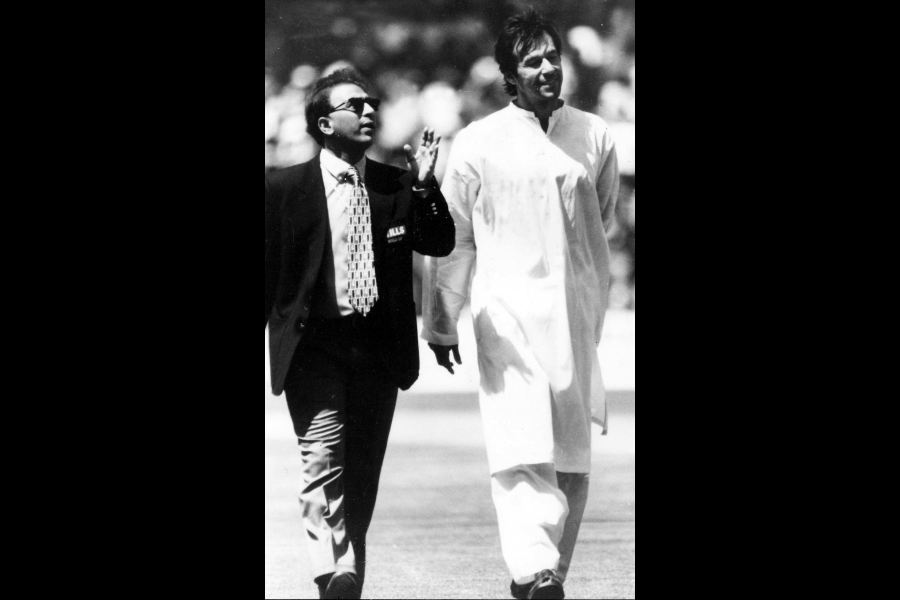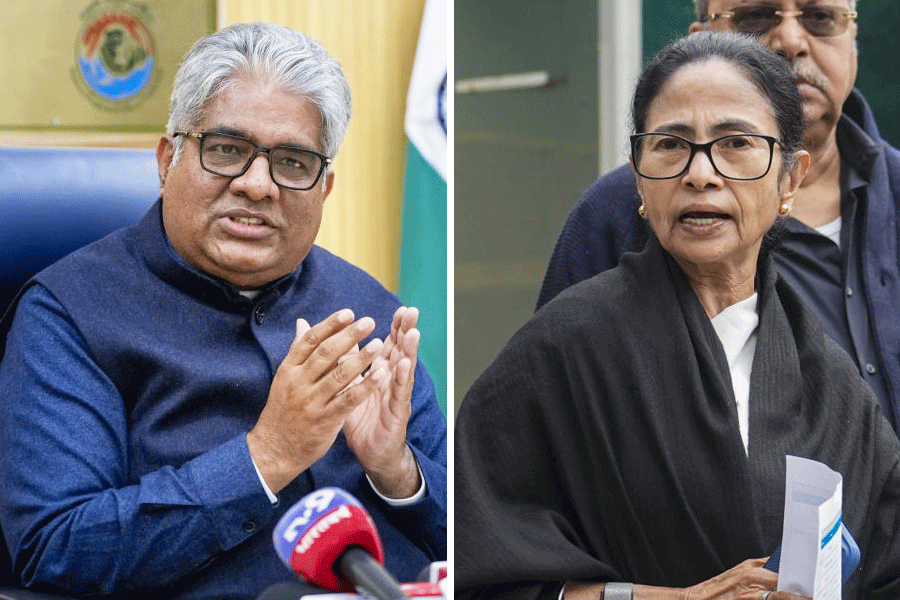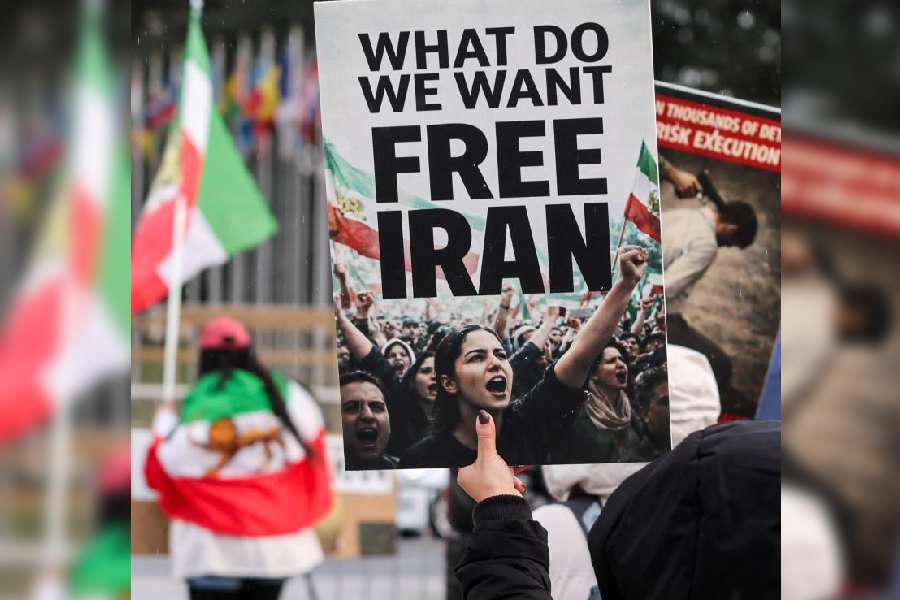The months of May and June every year mark the time when India and Pakistan fought the Kargil War. Beyond the formal tributes and military salutes, this is also the time when one man quietly walks into a departure gate at Indira Gandhi International Airport. Not for a vacation. Not for work.
This is Colonel Virender Thapar’s pilgrimage. One he undertakes every year. To keep a promise.
In the summer of 1999, the Indian Army was locked in a brutal high-altitude conflict with Pakistani intruders in the Kargil sector. It was India’s first televised war. 527 Indian soldiers were martyred. Among them was a young officer of the 12 Rajputana Rifles, Captain Vijayant Thapar, son of Virender Thapar.
Captain Vijayant Thapar was born on December 29, 1976, in Nangal, Punjab. He came from three generations of Army officers. He was named “Vijayant” after a battle tank. He graduated from the Indian Military Academy in December 1998 and joined the 12 Rajputana Rifles.
He died on June 29, 1999, while leading his platoon in a mission to capture the Knoll complex, part of the crucial Drass sub-sector. He had turned 22. He was posthumously awarded the Vir Chakra for his gallantry.
Before the final mission, Captain Thapar wrote a letter to his family — a farewell that has since become part of Indian military history.
“Dearest Papa Mama Birdie and Granny, by the time you get this letter I’ll be observing you all from the sky enjoying the hospitality of Apsaras,” it began.
“I have no regrets; in fact even if I become a human again I’ll join the army again and fight for my nation... Please come and see where the Indian Army fought for your tomorrow.”
The letter was signed “Robin”... a nickname inspired by his love for nature.
That letter became a map of remembrance.
On May 25, 1999, his unit was sent to the frontlines, tasked with pushing back Pakistani troops who had occupied strategic peaks in the Drass-Kargil-Batalik axis. Captain Thapar’s final operation, just weeks later, was the assault on Three Pimples, Knoll, and Lone Hill. His assault party had 12 men.
Since then, Colonel Thapar has visited the rocky terrain of Drass every year.
Recently, an undated photo of Col. Thapar standing at IGI Airport, with a trolley, with two suitcases, was widely shared by users.
Social media reacted with reverence.
“The Armed Forces of this country were venerable once. Stories like these... have given us the testament of the character of those men who truly served to protect us once,” one X user wrote.
Another said: “Touching. Warm hug to the father.”
In one of his final instructions, Captain Thapar asked his family to donate money to an orphanage and keep giving Rs 50 a month to a girl named Ruksana. He asked for his organs to be donated. “Live life king size,” he wrote.
In the years since, Colonel Thapar has honoured his son’s words. He’s written for newspapers. He’s addressed students. And he co-authored a biography of his son, “Vijyant at Kargil: The Biography of a War Hero,” along with Neha Dwivedi, daughter of another Kargil martyr.
The foreword was written by General V.P. Malik, then Chief of Army Staff. Lt. Gen Mohinder Puri, commander of the 8 Mountain Division during the war, contributed to the military context.
The book recounts anecdotes from Vijayant’s life... from childhood to the Indian Military Academy.
In 2023, the DLF Mall of Noida hosted an exhibition in memory of Captain Thapar, displaying the uniform he wore during the Knoll assault. Standing beside the glass case was Col. Thapar, joined by his wife Tripta. He posted a photo on X with the caption:
“Standing in front of Martyr Son’s uniform displayed at DLF Mall Noida. Uniform symbolises the unity of the fraternity and their values. Functions held to honor THE UNIFORM for a week on Kargil Vijay Diwas. JAI HIND.”
On May 13, responding to India’s airstrikes under Operation Sindoor, Col. Thapar posted again:
“Humen un Vir yodhaon per garv hai jinon ne na sirf apne desh ki raksha lekin apni behno ke sindoor ki maryada main apane pran nichavar kar diye (We are proud of those soldiers who not only protected their country, but sacrificed their lives for the Sindoor of their sisters)…”










